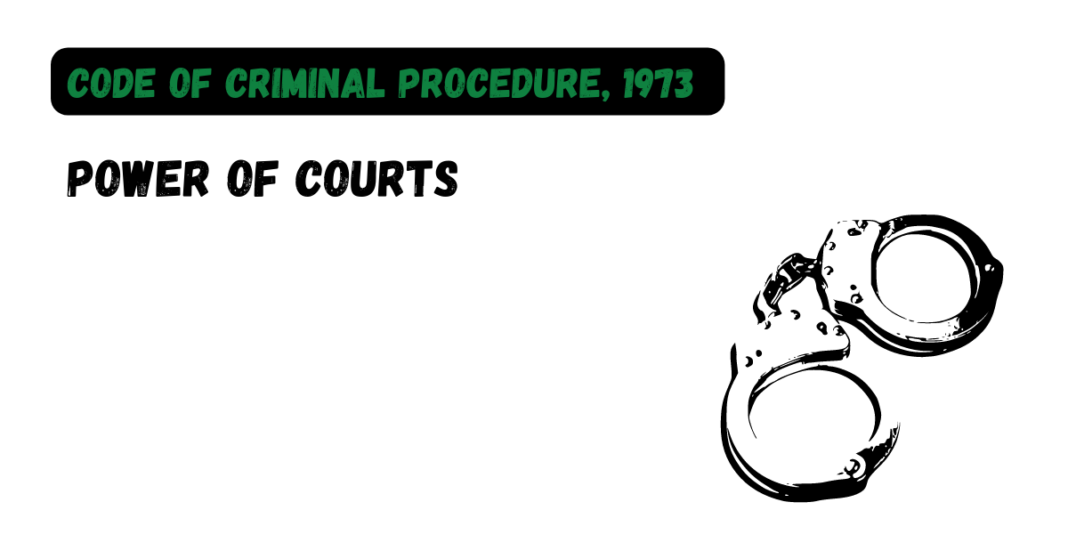The Code of Criminal Procedure (CrPC) provides for a range of powers that are vested in the courts in criminal cases.
Powers of the Courts under the CrPC
- Power to take cognizance: The courts have the power to take cognizance of criminal offences and to initiate criminal proceedings against the accused.
- Power to issue warrants: The courts have the power to issue arrest warrants, search warrants, and production warrants to ensure the smooth conduct of the trial.
- Power to grant bail: The courts have the power to grant bail to accused persons, subject to certain conditions, to ensure that they do not abscond or interfere with the investigation.
- Power to frame charges: The courts have the power to frame charges against the accused based on the evidence produced by the prosecution.
- Power to summon witnesses: The courts have the power to summon witnesses and to compel them to give evidence in court.
- Power to examine witnesses: The courts have the power to examine witnesses and to ask them questions to elicit the truth.
- Power to pronounce judgments: The courts have the power to pronounce judgments and to award appropriate sentences to the accused based on the evidence produced during the trial.
- Power to order retrial: The courts have the power to order a retrial if there is a miscarriage of justice or if new evidence comes to light.





